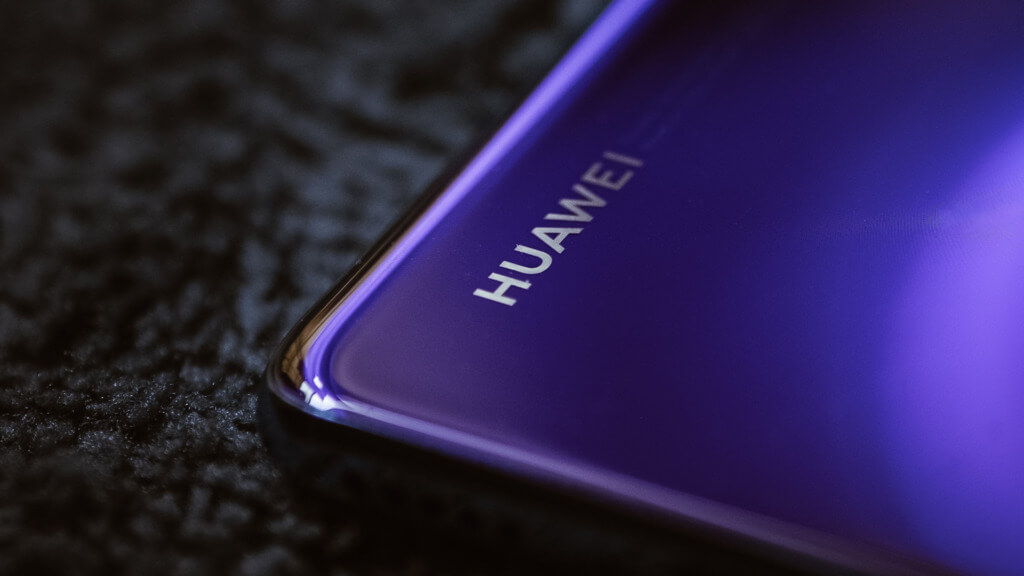China and US are now in a battle over big data: The war of tech
Data is the new gold, and the two giants, US and China, are now in tech war about it

The United States and China are in the middle of a tech war. There were already a couple of blows made from each side. Everything started during Trump’s mandate, but it is definitely not stopping now when Joe Biden is in power. Restrictions were placed over different companies and fields, but everything is centered around who will control big data – perhaps the most treasured resource these days.
Table Of Content
Big data explained
At its core, big data is the information that any organization or company collects. This information can be used in machine learning or other analytical and predictive modeling methods. Big data can be three types – structured, semistructured, or unstructured. And as the name suggested, we are talking about an enormous amount of data that can be used for almost anything.
Big data is being categorized by the rule of the three V’s, which are:
- The enormously big volume of data;
- The variety of the data types that are stored;
- The velocity at which the data is generated, collected and processed.
With the advancement of big data and the increase of the diversity of its uses, some more V’s were added to its characteristics.
Why is big data so important
Big data is used in many companies for improving performance in many fields but mainly the aspects related to customers. Of course, the end goal is to increase revenue by delivering a better experience to the customers. For example, you can learn a lot about personalizing the user journey or providing even better support. It is an easy task if you have enough data and use it right. You will make more valuable conclusions and take decisions faster based on the enormous amount of data you already have collected.
Another excellent example of how you can use big data is in medical research. You can collect a lot of information and, based on it, determine the signs of disease and risk factors that a group of people has in common. Based on such curated information, diagnosing an illness and selecting the proper treatment for each person will be easier and more accurate. Thanks to big data, all this can be stored in extensive health records that can collect a lot of additional personal information that might be helpful.

Big data can be used in almost any sector for a number of purposes. If you have enough information for your customers, you can use it to your advantage – create personalized marketing flow, propose the right products, optimize pricing, predict their behavior, etc. This is why big data is so valuable for any company and why US and China are in a tech war about it.
The big data war
During the Trump administration, the United States placed many restrictions on some of the biggest Chinese tech companies. TikTok, Huawei, and WeChat are just examples of those companies. And the treat for this to happen to many more companies is very real. The US is naming this initiative the “Clean Network” and putting trade bans on Chinese businesses because of suspicions of abusing customers’ data.
The “Clean Network” initiative is justified according to the US authorities, and it is in the name of protecting US citizens’ privacy and the sensitive information of American companies. Basically, the act’s goal is to protect any digital assets from being used by the Chinese Communist Party. Since big data is a digital asset, it is also covered by this act.
All this was caused by big scandals around allegate spying from Chinese companies like TikTok and Huawei. The companies were accused of sharing the personal data of their users with the Chinese government without permission. Personal data is considered part of big data, so those scandals are at the root of the tech war between the two giants. Let’s talk about the impacts of this war.
Supply chains
China is known as the biggest manufacturing power, and not one or two companies are doing their production there. This is why supply chains were highly impacted by the tech war between those two giants.
Both American and Chinese governments are highly focused on protecting their citizens’ data. But this is not affecting the business and economies only in the US and China. Many other smaller companies in other countries that are in some way connected to the United States or China are also affected. China can, in a way, influence US allies by treating their supply chains as well.
The Google trade embargo
The imposed trade embargo prevented Google from continuing its cooperation with Huawei. Huawei can no longer provide any Google services on their new phones, which is taking its toll. Before this happened, the two big Chinese players – Huawei, Xiaomi, and Oppo were the smartphone manufacturer leaders by holding more than one-third of the global market.

Many users are not turned down by the incapability of using Android or other Google services on the newest Huawei phones. However, they still offer solid technological innovation in each new model and keep their customers by providing excellent phones.
The allegations agains TikTok and WeChat
Both TikTok and WeChat deny any accusations against them about sharing personal data with the Chinese government. However, according to the Australian Strategic Policy Institute report, both social media have some questionable business practices and regularly censor content related to the Communist Party that is not putting them in a good light.
Content related to activities and organizations that the Chinese government does not approve of is also not allowed. It is also suspected that many LGBTQ+ content and hashtags are deliberately not shown. The limitation to access data from America or even some European sites is not unusual for Chinese users but is something that the US government doesn’t accept.
The “Clean Network” act consequences
Once the imposition of the act was announced, China didn’t stay silent. They answered with an eight-part big “data security initiative.” It is also listed how China is handling its user data. It is written that the Chinese companies won’t be asked to provide any data for their international customers to the government.
Big Chinese companies are also encouraged to oppose surveillance activities. They shouldn’t do any illegal gathering of data and comply with all legal requirements of each country. The Chinese government said that the Americans are making false allegations, and with the new big data initiative, they are proving how unnecessary the “Clean Network” act is.
All this happened during Trump’s mandate, and people wondered if Biden would bring any change. For the moment, it doesn’t look like it. He continuously puts pressure on Chinese companies, focusing on giants like TikTok, WeChat, and Huawei.
In a nutshell
Data is precious, and you can’t even have too much. Any data you collect for users’ behavior will help you optimize your working flows and communicate and handle customers. However, this information is very sensitive, so any company should have clear rules to protect it. Governments are also responsible for the security of their citizens’ data. However, no one will benefit from a long-lasting tech war. Hopefully, US and China will find a way to resolve their arguments in the best way to protect their citizens.
















